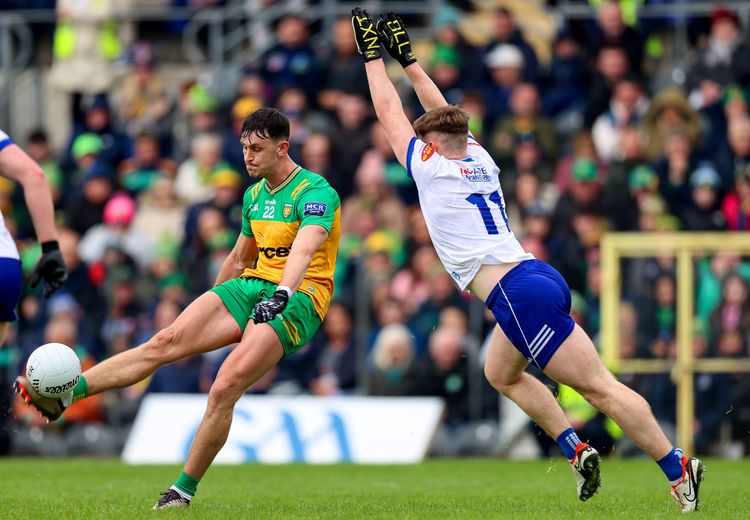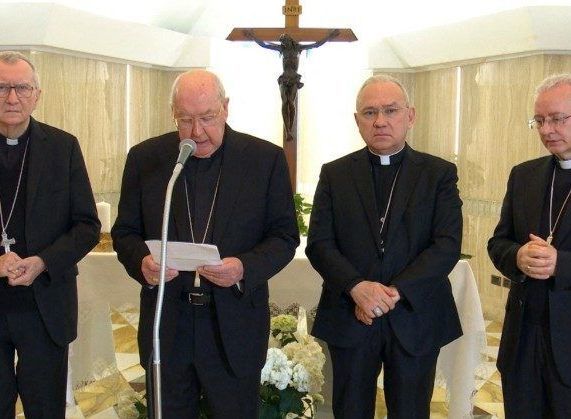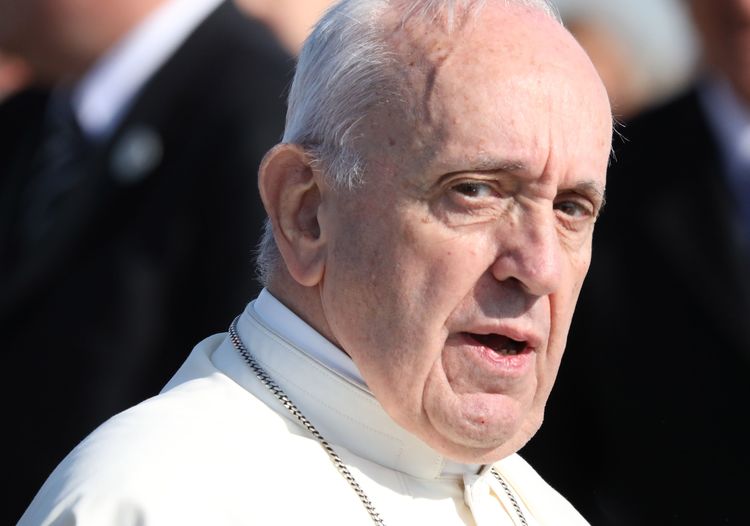There has been entirely too much heartbreak recently in the world of traditional music and it just seems to keep coming.
Just after writing about the loss of Dan Milner, I learned early last week that the great fiddle player and dancer Kathleen Collins had passed. Born in New York City in 1940, Collins was the product of a generation of Irish immigrants that took great pains to involve their kids in traditional Irish music and dance. She and her three brothers were put into lessons and while each was noteworthy in his or her own way, Kathleen and her brother Dan distinguished themselves. (Dan became an influential player in New York City traditional music and among other things co-founded Shanachie Records.)
Collins was a prodigious fiddle student. Initially, she worked with John McGrath, an important musician from Mayo who counted the great Michael Coleman among his friends. Later, Collins developed her technique with Paul Ryan, a New York City-based teacher who represented a more classical approach. She counted Andy McGann, Paddy Fahy, Aggie Whyte, and Seamus Connolly among her inspirations and influences.
Kathleen’s rare talent in dance was also evident early. She learned from the great James McKenna, who was a student of Jerry Molyneaux, a legendary traveling dance master from Kerry sometimes known as “the Michael Coleman of Irish dancing,” and won firsts for dance and fiddle at the Chicago Feis in 1953 and 1954. Later in the decade, she went to England to study dance with Ted Kavanagh and in 1961 earned her TCRG teaching certificate in Dublin.
In 1961, she also met the celebrated button accordionist Joe Burke, whom she later married. In 1965 they moved to Ireland, where she taught music and dance in country schools around Galway. But this time in Ireland was remarkable in a number of ways. In 1966 she won the Senior Fiddle All-Ireland, the first American-born musician to do so. At the Fleadh the following year, she was part of an All-Ireland winning trio that included Joe Burke and Carl Hession. Then, in 1968, she won the prestigious Fiddler of Dooney Competition, and in 1969 she won the inaugural Fiddler of Oriel Competition. It was an extraordinary run of achievements by any measure.
Collins lived in Galway for eight years and returned to New York in 1973, where she continued teaching dance. In 1976 she earned the ADCGR "adjudicator" qualification in dance. In the 1980s, inspired by folks like Joe and Siobhan O’Donovan and the dancing master Connie Ryan, she became heavily involved with New York’s set dancing movement. She eventually set up her own school, the Kathleen Collins School of Irish Set Dancing, taught at the Woodlawn House in the Bronx, among other places, and had repeat success with her students at the Mid-Atlantic Fleadh.
“Paddy Ryan's Dream / Coleman's Cross.”
Collins made an indelible mark as a musician as well, largely through a pair of extraordinary albums, “Traditional Music of Ireland” in 1973 and “My Book of Songs” in 2009. “Traditional Music of Ireland” is a particular classic and is available to download from vendors like iTunes and to stream on Spotify –– I highly recommend readers give it a close listen.
“Private Ass And Cart / Jackson’s.”
A gifted and important dancer, musician, and teacher, Collins left an important mark on traditional music and dance. Condolences to her students, friends, and family, all of whom will miss her dearly.
Then, on Saturday, the death of legendary broadcaster, presenter, storyteller, and promoter Brian O’Donovan sent additional shockwaves through the traditional music world. The host of the hugely important “A Celtic Sojourn” radio program, O’Donovan was a revered figure in Boston and his loss is a big blow to the community – the silence he leaves will have long, long lasting effect.
O’Donovan was born in Clonakilty in West Cork in 1957. He graduated from University College Cork in 1978 and afterward moved to London, where he became involved in the traditional music scene. A brief visit to Boston in 1980 turned into a lifetime stay––it was then that he met his beloved future wife Lindsay at a session at the Village Coach House, an important home for music at the time. From 1982-84, he attended Emerson College where he graduated with a master’s degree in mass communications with a focus in broadcast. There, he got his start on WERS, the College’s radio station. It was also there that he became interested in concert organizing and promotion.
Intriguingly, concert organization led him to a longtime involvement with the New England Patriots. After a stint as an event consultant, he became Sullivan Stadium’s General Manager in 1987 (Sullivan Stadium predated Gillette, the Patriots’s current home) and from 1994 through 2001 served as Vice President of Operations, both booking large scale concert events (including acts such as U2, Aerosmith, Madonna, and David Bowie) and working on World Cup Soccer. Later, he co-founded Major League Soccer and also served as general manager and COO of the New England Revolution football club.
In 1986, O’Donovan began hosting a weekly radio program for Boston’s WGBH called “A Celtic Sojourn,” a show many readers here will be familiar with. “A Celtic Sojourn” became an important and extremely influential part of WGBH’s programming for decades. O’Donovan truly had his finger on the pulse of the world of traditional music in a way few do. It’s something that allowed him to help build the careers of young musicians and extend those of older acts.
“A Celtic Sojourn’s” success led to a number of affiliated and adjacent concert events, including “A St. Patrick's Day Celtic Sojourn,” the “Roots and Branches” concert series, the “Burren Backroom” concert series, the Rockport Celtic Festival, cultural tours of Ireland, and “A Christmas Celtic Sojourn,” which has run for over twenty years and become a treasured New England institution.
O’Donovan and his deep love for Celtic music of all stripes was a key reason for the extraordinarily high quality of Boston’s traditional music community. He was a warm and intelligent man who was full of wit and humor. He brought people together, gave them opportunity and agency, and generated success, doing so most admirably. Cheers to Brian and all the marvelous work he did. He will be sorely missed.









